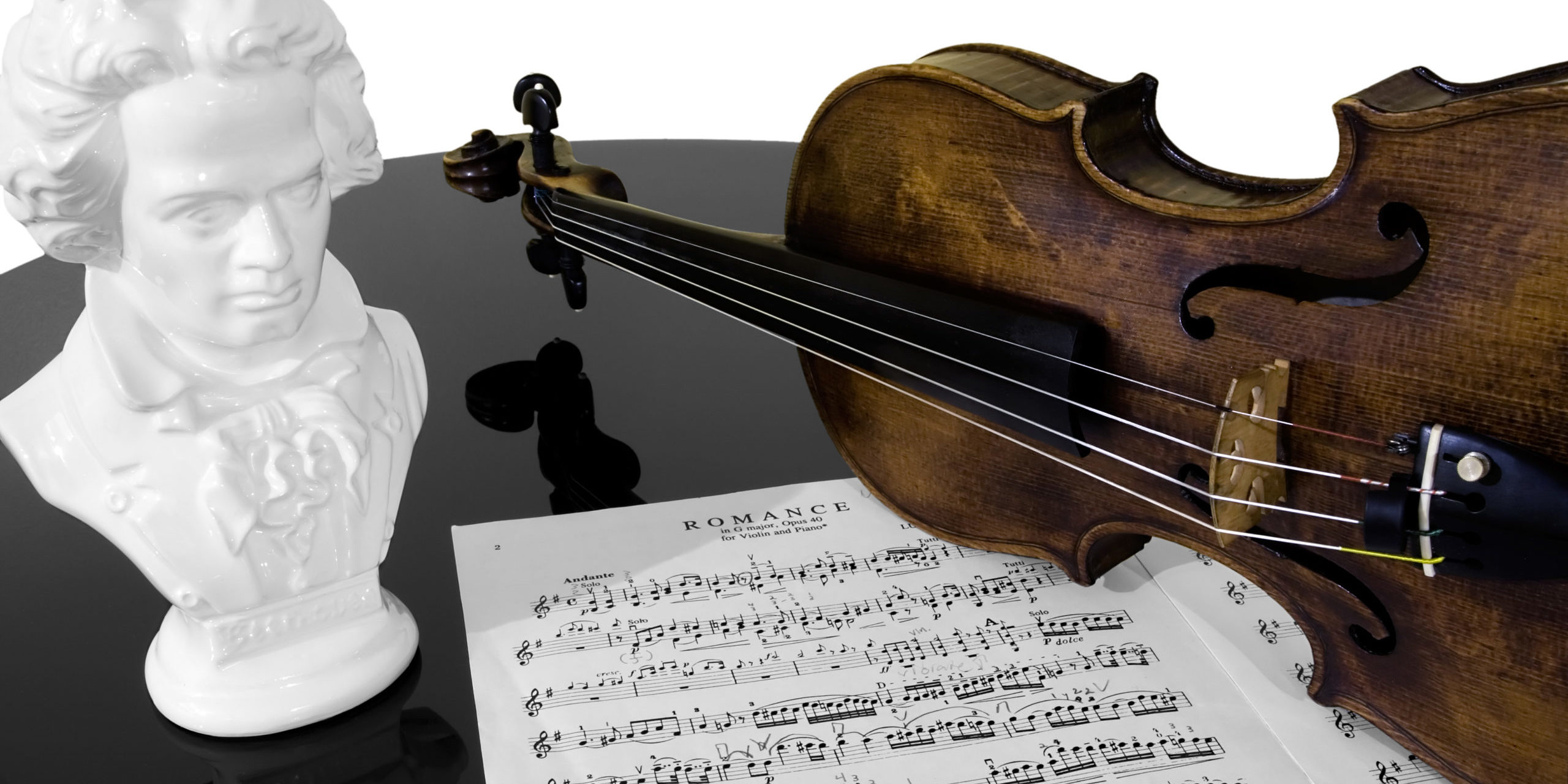When Ludwig Van Beethoven died in 1827, he left behind mere fragments of his Tenth Symphony — a piece that has haunted musicians and music-lovers alike. But a group of dedicated musicologists, music historians, composers, musicians and computer scientists joined forces at Rutgers University to finish Beethoven’s Tenth Symphony and they did it using artificial intelligence (AI) technology.
How Was AI Used to Complete Beethoven’s Unfinished Symphony?
The completion of the Tenth Symphony is rather remarkable when one considers that the iconic composer had only left behind what’s been described as “fragmentary sketches” of the piece’s first movement.
The accomplishment is even more remarkable when you learn that multiple music historians and Beethoven experts have reportedly been unable to determine where Beethoven’s original work ends and AI-composed segments begin. It was this “test” that led the group to believe they were on the right path as they used AI technology to compose two movements of a length of over 20 minutes each.
The Herculean effort to complete Beethoven’s Tenth Symphony using AI technology have been underway since 2019.
According to Rutgers University Department of Computer Science Professor Dr. Ahmed Elgammal — who headed the project — the team had to consider multiple factors that extended beyond the composer’s vision and stylistic patterns.
“This was a tremendous challenge. We had to teach the machine how to take a short phrase, or even just a motif, and use it to develop a longer, more complicated musical structure, just as Beethoven would have done…to create something that Beethoven himself might have written,” Dr Elgammal explained.
AI technology was used to compose new segments of the Tenth Symphony, which were then refined by musicologists and composers, amongst others.
The piece was publicly unveiled at a sold-out performance in Beethoven’s birthplace of Bonn, Germany in October 2021.
As with all advances in technology, this particular project has not escaped criticism. Dr. Elgammal indicated, “There are those who will say that the arts should be off-limits from AI and that AI has no business trying to replicate the human creative process…I see AI not as a replacement, but as a tool — one that opens doors for artists to express themselves in new ways.”
In fact, Beethoven’s Tenth Symphony has not remained unfinished for lack of trying. Multiple composers and Beethoven experts have attempted to complete the unfinished symphony. For instance, in 1988, the existing fragmentary sketches of the first movement were pieced together by composer Barry Cooper. He was unable to complete the symphony due to the minimal material and the tremendous complexity of Beethoven’s work.
Harnessing the Power of the Newest Technology for Digital Transformation
At 7T, we have earned a reputation as a top Dallas mobile app and software development company, in part thanks to our commitment to leveraging the latest and newest technologies, including AI. We have a broad range of expertise developing dynamic mobile apps and innovative software platforms, from CRM platforms and ERP development, to enterprise messaging apps and beyond.
At 7T, our development team works with company leaders who are seeking to solve problems and drive ROI through digital transformation. As an innovative Dallas software and mobile app development company, as 7T integrates cutting-edge solutions into virtually every project. We’re here to deliver collaborative, multi-phased software development services to clients in all business sectors.
7T maintains offices in Dallas, Houston, Chicago, and Austin, but our clientele spans the globe. If you’re ready to learn more about an innovative digital transformation project, contact 7T today.









